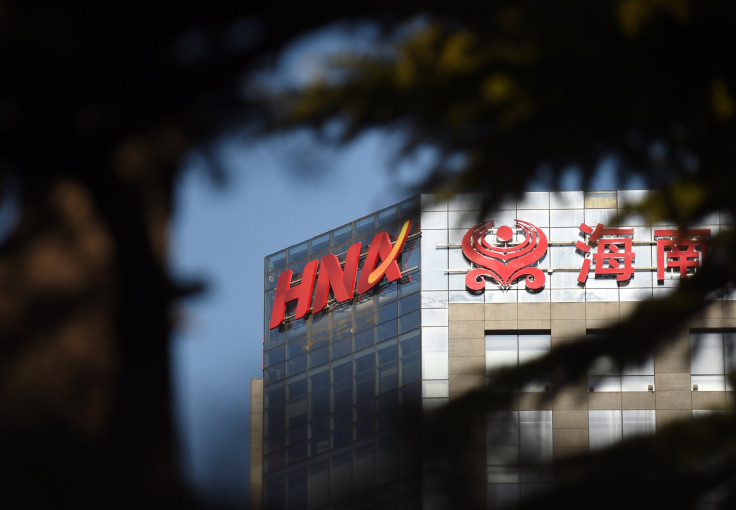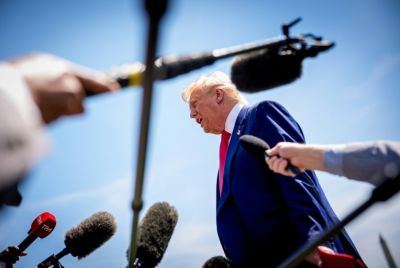Opaque U.S. Panel Homes In On China Deals For Third Year

China led the countries whose planned U.S. acquisitions and investments for 2014 were probed for U.S. security implications, making it the most scrutinized country by U.S. regulators, according to a government report released Friday.
The Committee on Foreign Investment in the United States (CFIUS), an interagency panel that reviews deals from a national security perspective, said in its annual report that it investigated 51 of all 147 international deals filed with the agency in 2014.
For the third year in a row, CFIUS looked at more deals involving investors from China than from anywhere else. In 2014, CFIUS probed 24 Chinese investments in the United States, compared to 21 involving investors from the United Kingdom and 15 from Canada.
So far this year there have been 22 mergers and acquisitions announced in the United States involving Chinese purchasers, totaling $23 billion, according to Thomson Reuters data. That outpaces Chinese outbound U.S. mergers and acquisitions for all of 2015, which reached $13 billion.
Not only is investment from China increasing, but it is flowing to electronics, which can have implications for U.S. national security, said Christopher Brewster, a CFIUS expert with Stroock & Stroock & Lavan LLP.
"When you watch the cases, you know that the China acquisitions are getting aggressive reviews. And anybody who doesn't believe that can go talk to Fairchild," he said.
Just this week, Fairchild Semiconductor International Inc. rejected an acquisition offer from China Resources Microelectronics Ltd and Hua Capital Management Co Ltd because of CFIUS concerns.
The CFIUS report for 2014 shows that 12 notices of unidentified mergers or investments were withdrawn during the review process. Only one was re-filed, indicating the other 11 were abandoned by the companies. It said it had formally rejected one notice, but did not say why or identify the deal.
CFIUS rarely kills proposed mergers formally, but instead informally urges companies to scrap merger plans and they comply. Most recently, in January, Philips dropped a plan to sell an 80 percent stake in its Lumileds division to Chinese buyers because of what it described as pressure from CFIUS.
The panel is considered opaque since it neither confirms that it is investigating a transaction, nor confirms if it considers certain deals problematic.
CFIUS will likely probe ChemChina's record $43 billion takeover of Switzerland's Syngenta, which generates nearly a quarter of its revenue in North America by selling pesticides and seeds. Another transaction it would likely look at are plans by Tianjin Tianhai Investment Co's to buy Ingram Micro for $6 billion, which was announced this week.
In the months since the time covered by the CFIUS report, Chinese acquisition attempts in the United States have accelerated, as Chinese investors have sought to park their money outside the country, especially following a summer stock market crash and a devaluation in August.
But the drive has faced backlash from U.S. lawmakers in an election year and at a time of increasing tension between the two countries over China's expanding role in the South China Sea, as well as high-profile hacking attacks against U.S. government agencies which Washington has attributed to China.
A group of 46 U.S. lawmakers, most of them Republican, urged CFIUS this week to take a hard look at a bid by China's Chongqing Casin Enterprise Group to buy the storied Chicago Stock Exchange, one of the oldest U.S. exchanges.
© Copyright Thomson Reuters 2024. All rights reserved.




















